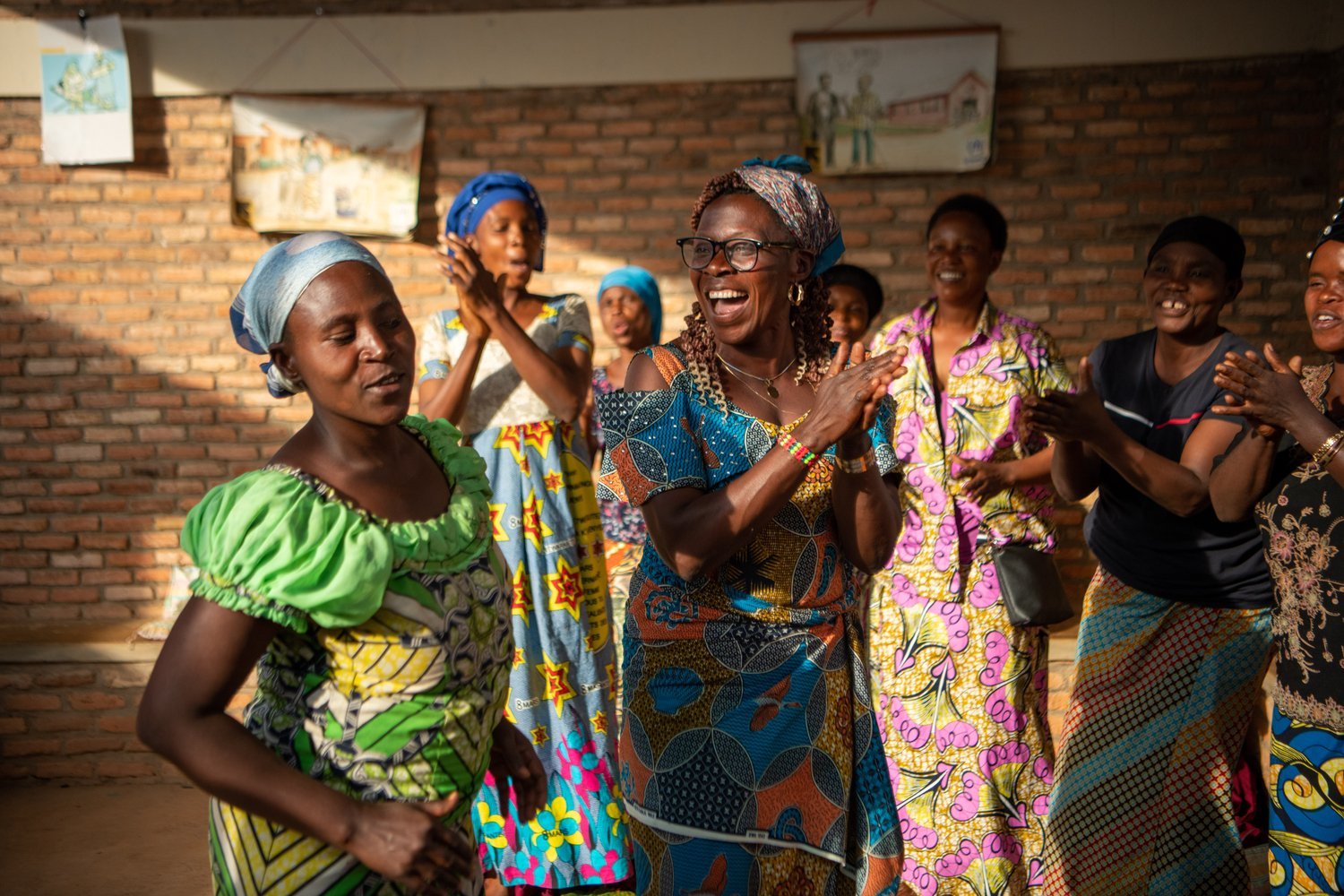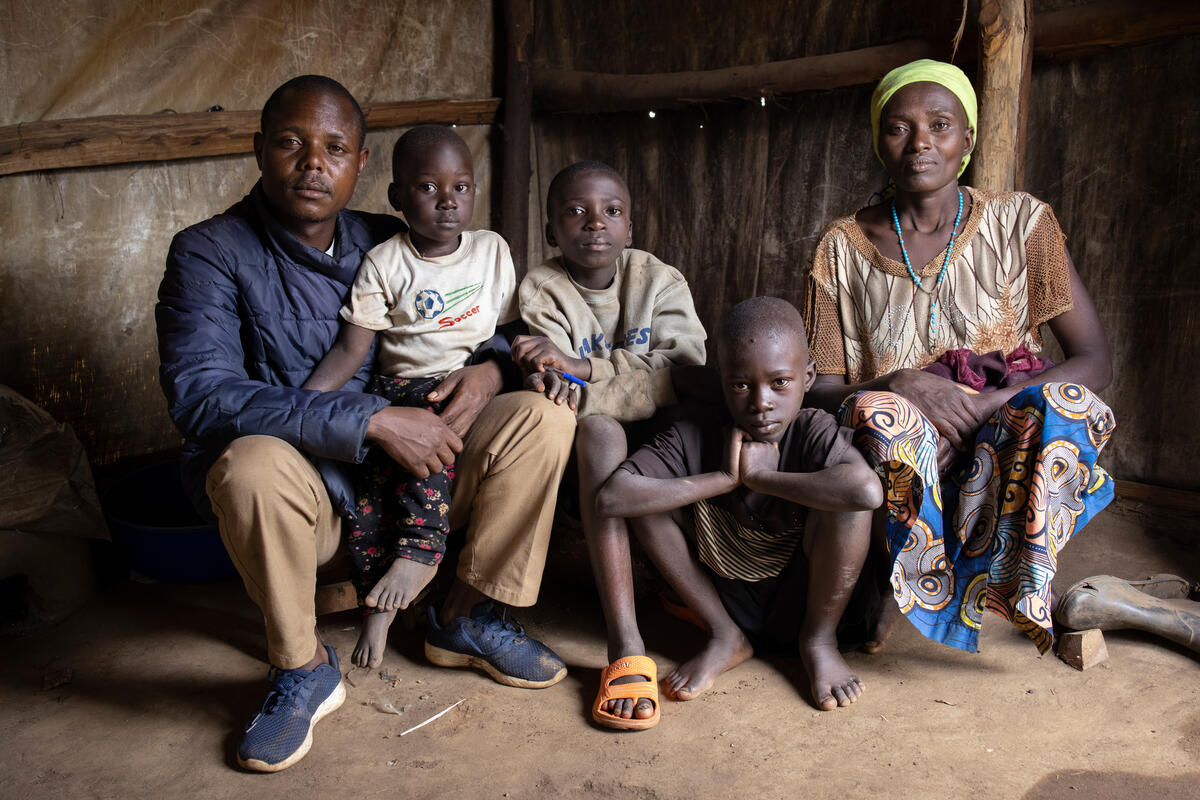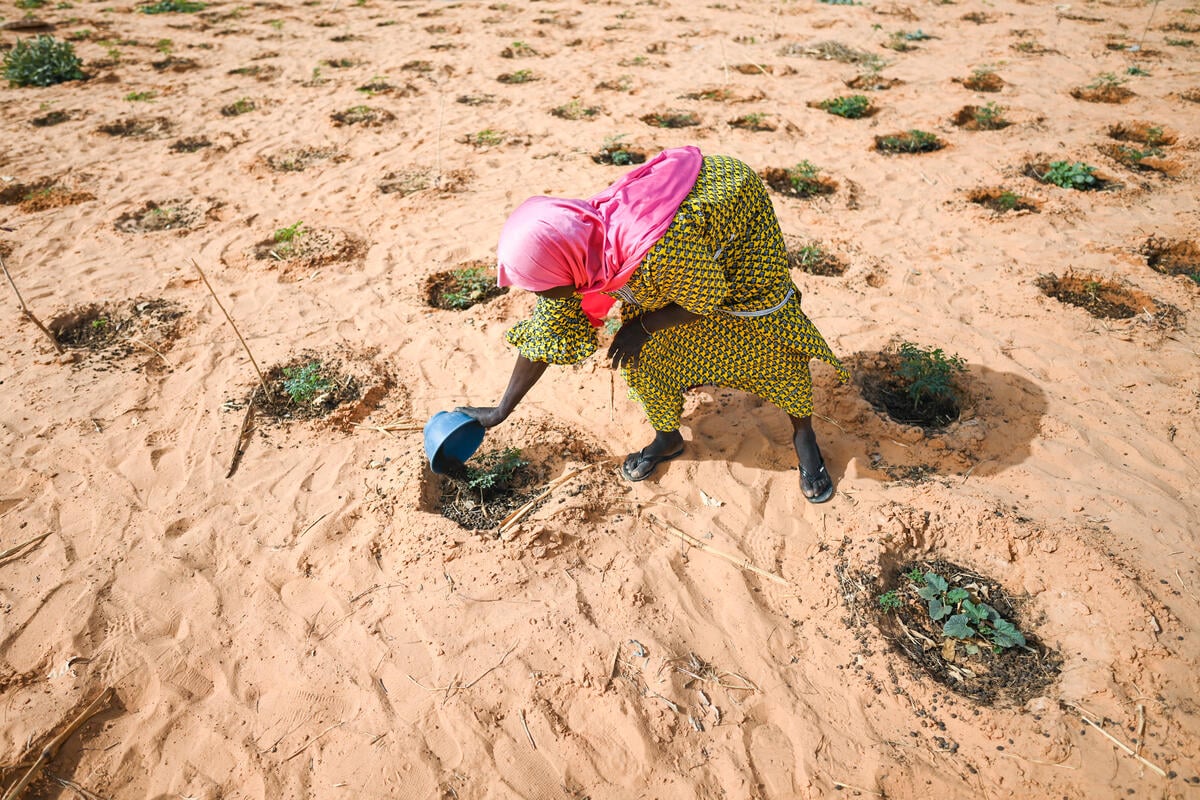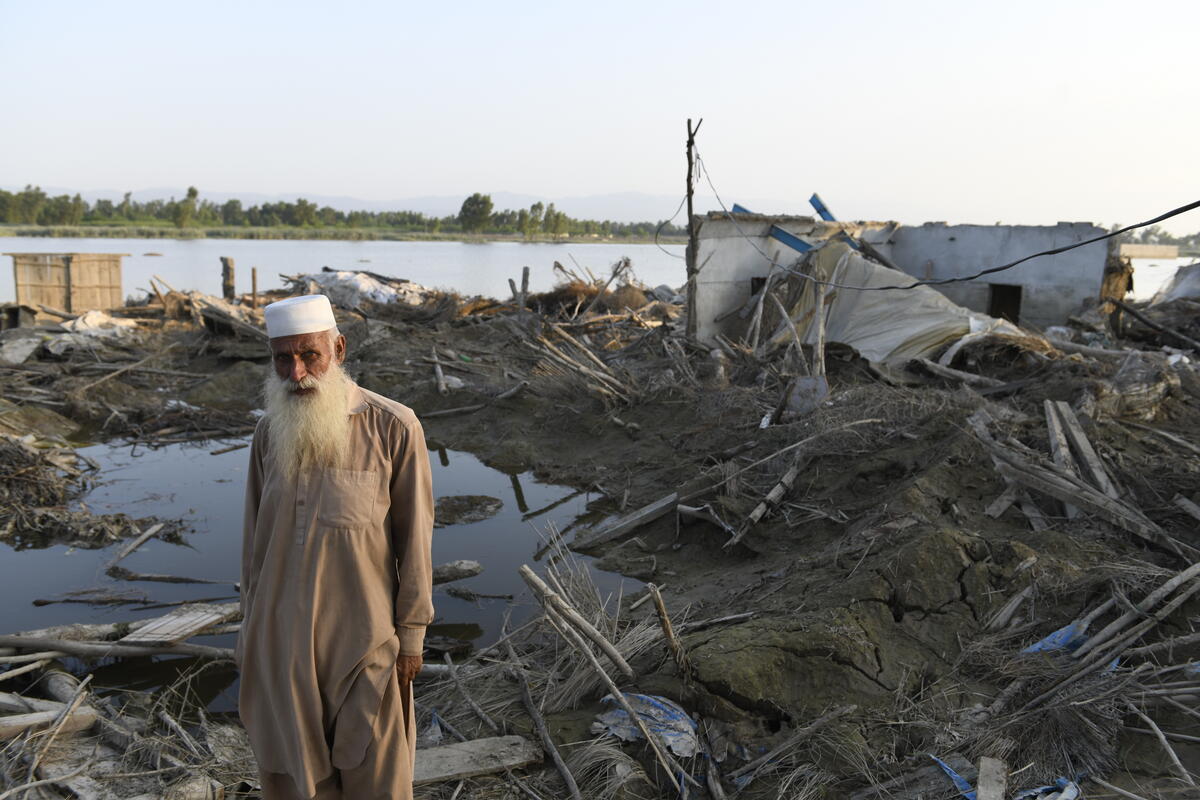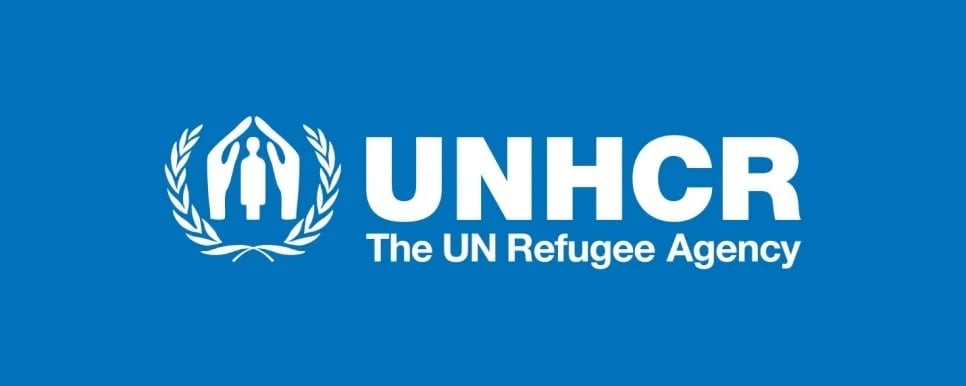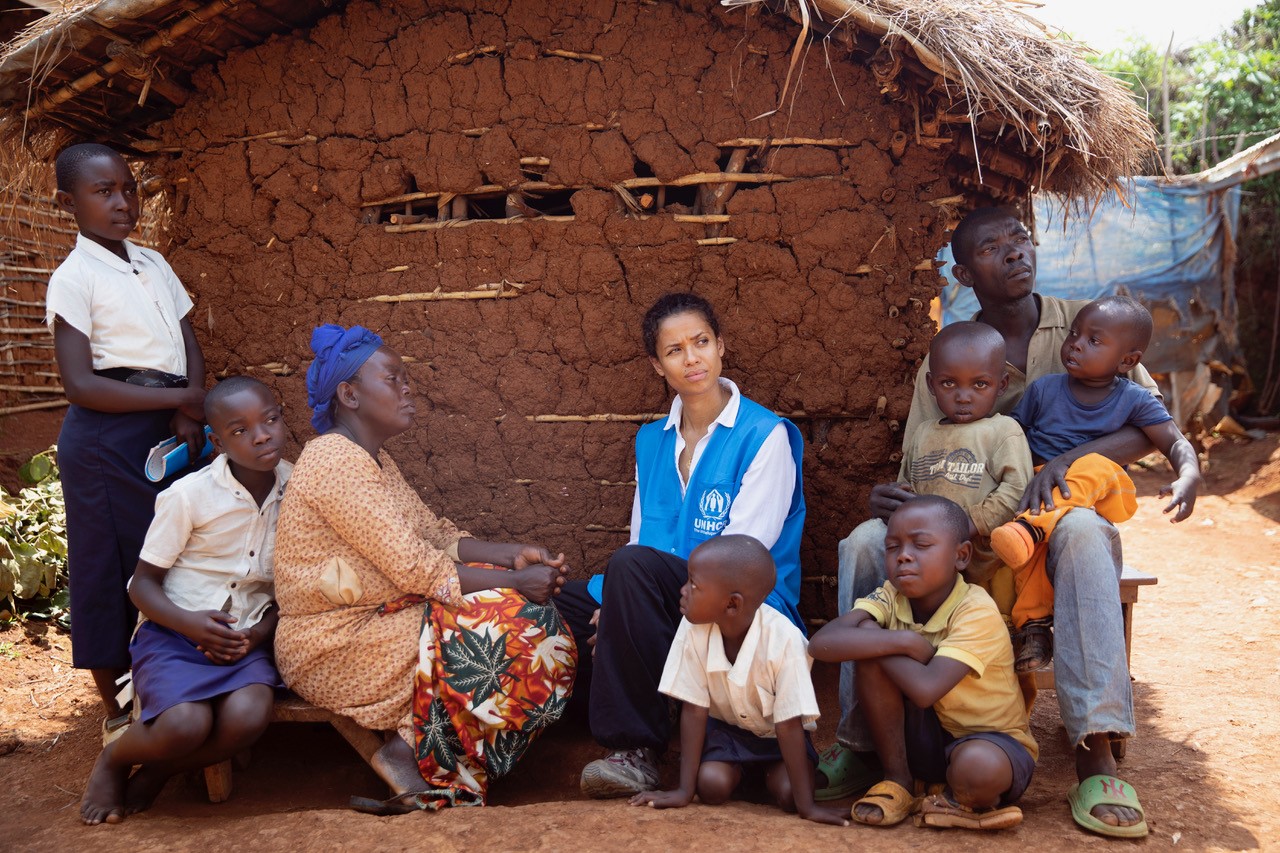Remarks by UNHCR Special Envoy, Ms. Angelina Jolie, on World Refugee Day
Remarks by UNHCR Special Envoy, Ms. Angelina Jolie, on World Refugee Day
GOUDOUBO CAMP, Burkina Faso – I’m humbled to be in Burkina Faso, and by the extraordinary grace of the people I have met here.
I am here to show my solidarity with the Burkinabe people, who continue to welcome their displaced brothers and sisters despite terrible attacks and challenges; sharing what little they have, at a time when other countries with far more resources have closed their borders and their minds to refugees.
Thank you for allowing me to be here. I am so honored and grateful to be among you, and to bow my head in respect for your courage and strength.
Today is World Refugee Day.
I have marked this day every year for twenty years with refugees in different countries.
I have never been as worried about the state of displacement globally as I am today.
"It is not that we are at breaking point – this is broken."
Not only are there now over 82 million forcibly displaced people worldwide, but the numbers have doubled in a decade.
1 in 95 people – one percent of humanity – are displaced, and the numbers are rising.
We have to wake up to the track we are on globally, with so many conflicts raging and the very real possibility that climate change will force tens if not hundreds of millions of people to have to leave their homes in the future, with no possibility of return.
It is not that we are at a breaking point – this is broken.
The way we as an international community try to address conflict and insecurity is broken.
It is erratic, it is unequal, it is built on inherited privilege, it is subject to the whim of political leaders, and it is geared towards the interests of powerful countries, including my own, at the expense of others.
"...We pick and choose which conflicts to pay attention to and for how long."
Crimes committed against the women and children of Burkina Faso, or Yemen, or Myanmar, or Ethiopia, for example, are not enough to shake the established world order to its foundations as they should be – and as they would be, if they were happening in certain other parts of the world.
I have seen the conditions inflicted upon refugees globally – the hunger and suffering and insecurity and lack of aid, let alone justice - because we pick and choose which conflicts to pay attention to and for how long; because governments turn a blind eye to abuses when it is convenient; and because we as individual citizens feel powerless to change that.
There are some leaders who want us to believe that we can’t take care of our own people and help displaced people; who suggest that even though the vast majority of all refugees are hosted by countries in the global south, we in rich countries have somehow been asked to do too much and would be justified in doing even less. Or that millions of people being forced to flee their homes by war and food insecurity and climate disasters has nothing to do with us and our actions or choices over generations.
All these arguments evaporate standing here.
"There is nowhere I would rather be today than here."
The truth is we are not doing half of what we could and should to find solutions to enable refugees to return home - or to support host countries, like Burkina Faso, coping for years with a fraction of the humanitarian aid needed to provide basic support and protection.
The burden is falling on displaced people, whose rights and life chances are stolen.
It is falling on children – on tens of millions of displaced children.
And it is falling on the people of countries like Burkina Faso and other developing nations.
This is where the humanity and decency of the world is measured. Where human strength and resilience are most clearly and starkly seen. Not in the world’s gleaming capitals, but in places like this.
There is nowhere I would rather be today than here, with refugees, the people I admire most in the world.
Thank you for allowing me be with you today, on this World Refugee Day.


